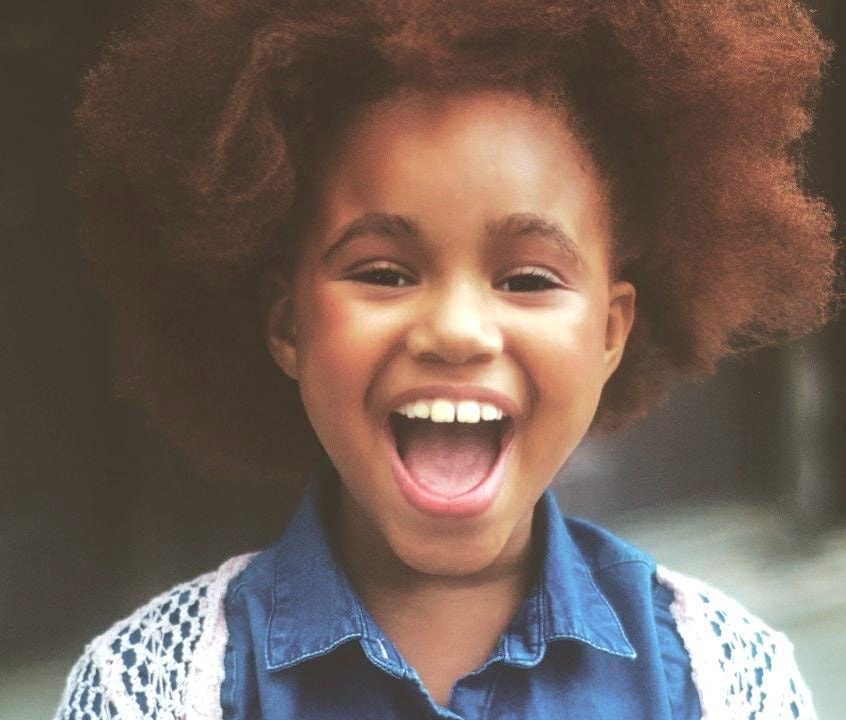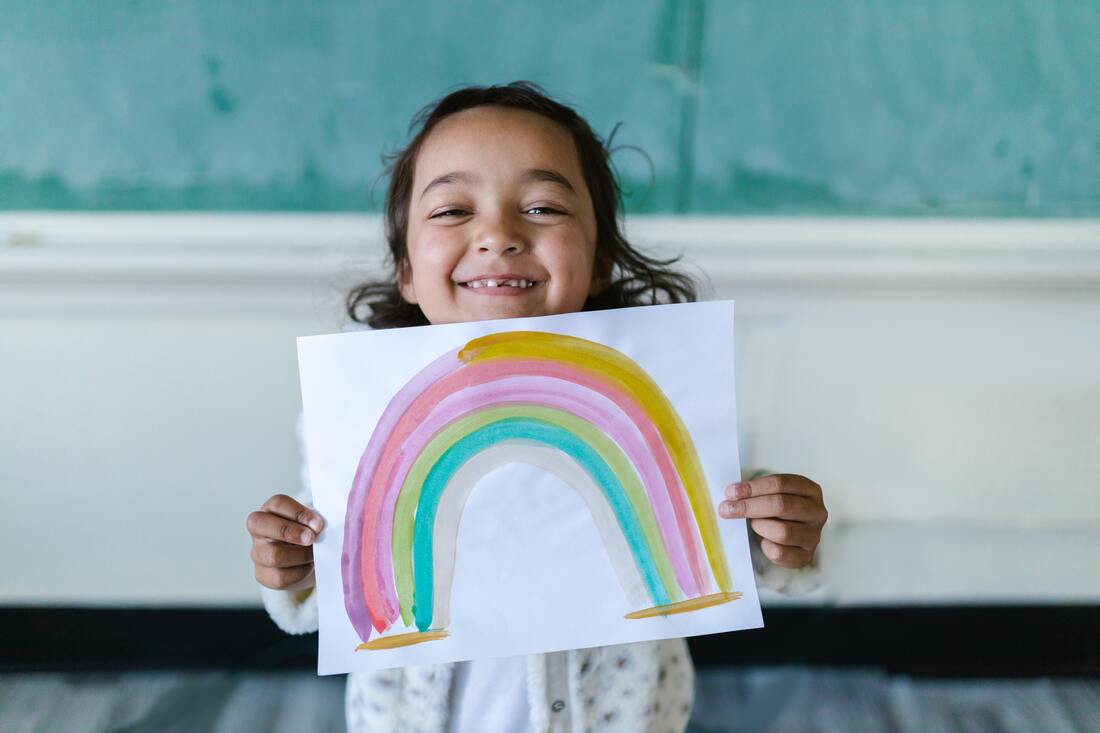|
In one of my first ever psychology classes the professor said something that was so mind blowing that it has stuck with me for my entire career and is something that I often share with clients.
So just what exactly was this wise and sage concept?
0 Comments
Becoming Active in Your Mental Health: One Simple Metaphor to Increase Engagement in Play Therapy9/13/2023
I loooooove a good metaphor.
And it’s funny to hear stories of my childhood and that expressing myself through metaphor was something that has always been a part of my life waaayyy before I became a play therapist!
If you tell me you are a play therapist, you are telling me very little about what you actually do in session with kids. Sure, there are only ten seminal and historically significant theories of play therapy (at this time!), BUT there are 20+ theories of play therapy in our field and I suspect this number will only grow!
One of the most powerful tools to move through resistance might not be exactly what you think. Most of the time as therapists we want a concrete tool, technique, or activity that is going to get us to the next step and break through resistance.
You want to come into your next session with the exact gameplan of how it’s going to go. AND 99.9% of the time it doesn’t exactly work out how you planned. The technique or activity might get rejected in favor of silence OR a client might even struggle to get back into the Playroom for you to even start to suggest a therapy activity. So now what? I wanted to get back to basics to talk about the one tool that you can always rely on to help you move through resistance.
Parents often come to therapy with an agenda.
Of course they do! Their child is struggling in some way and they just want things to get back to normal, where their child is happy, regulated and thriving. And this change? Well… it needed to happen, like yesterday! By the time kids and families present in your therapy office it is likely the pain, struggle, and dysregulation has been going on for a loooong time. FREE Mini Masterclass: 12 Tips to Increase Engagement And Move Through Resistance in The Playroom8/16/2023
Most graduate school programs focus on what we need to do in the therapy room. The skills, treatment planning, and theories to help move clients from a place of dysregulation, stress, and difficulty to regulation, joy, and healing.
But what about when clients throw up a giant stop sign to the therapy process? FREE Mini Master Class: How Did We Get Here? Identifying The Root of Resistance in The Playroom8/9/2023
If you work with kids and teens resistance is bound to show up in the playroom!
Resistance comes in all forms - from refusal to leave the house, difficulty moving from the waiting room to the office, or the silent treatment once the session starts. What if I told you that resistance has a story to tell?
Kids who are engaged in therapy make more progress.
Pretty intuitive right? And also backed by research. So what is a play therapist to do when a child comes into the playroom and isn’t engaged? Some may call it resistant, but either way you spin it the child isn’t coming in AND if they actually do come in…they aren’t doing anything. At all.
When you have a child struggling with engaging in therapy this can show up in a lot of ways.
Some classics? Folded arms, refusal to leave the waiting room, glares, frequently saying “I don’t know” to every question, silence - and so many more.
Who loves writing Diagnostic Assessments?
*crickets* Okay - so I don’t exactly LOVE to write the assessment, but I love the unfolding of information of the unique circumstances that led to the development of client symptoms that led them to therapy. |
Hi, there!I'm Ann Meehan, an LPCC, Loading... Archives
April 2024
Categories
All
|
Privacy Policies | Terms of Use | Disclaimer
Contact
ann@meehanmentalhealth.com | Copyright Meehan Mental Health Services 2022
Contact
ann@meehanmentalhealth.com | Copyright Meehan Mental Health Services 2022













